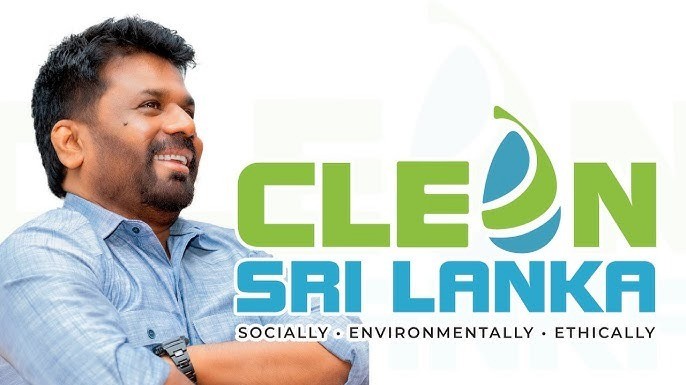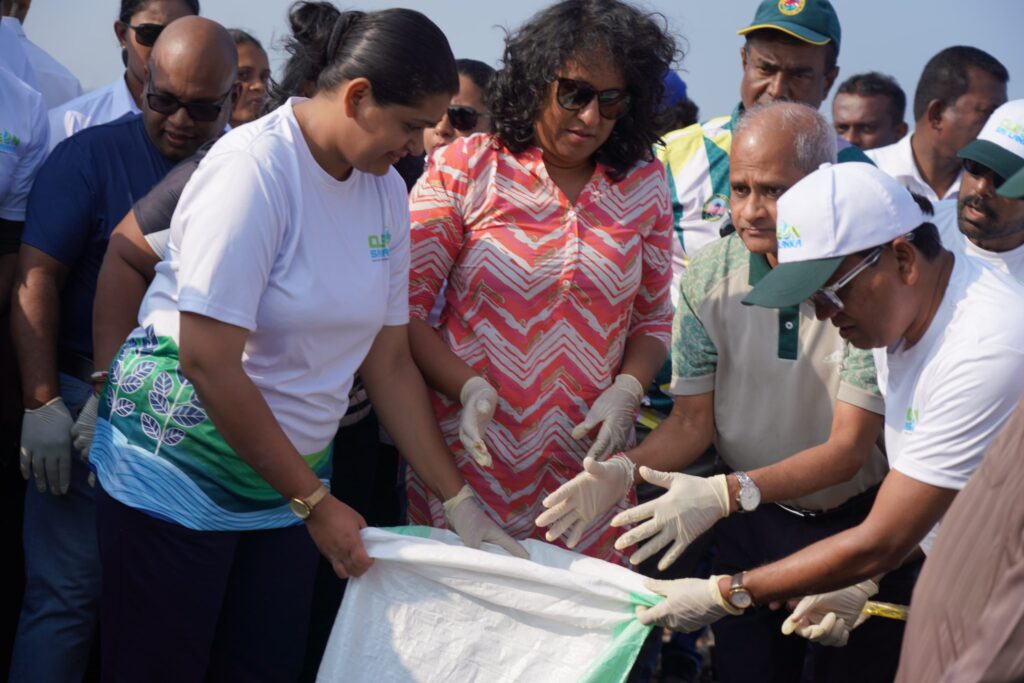
Sri Lanka, a tropical island in South Asia known for its rich biodiversity, stunning landscapes, and cultural heritage, is steadily making progress in its journey toward environmental cleanliness and sustainability. While challenges exist, especially in urban areas, Sri Lanka has shown significant improvement in public sanitation, waste management, and eco-friendly tourism.
Natural Beauty and Environmental Awareness
From the misty hills of Nuwara Eliya to the golden beaches of the Southern coast, Sri Lanka boasts a naturally clean and scenic environment. The Central Province, home to Kandy and Nuwara Eliya, is often recognized as the cleanest in the country, with well-maintained streets, lush greenery, and cool mountain air. These areas, especially popular among tourists, receive regular attention from local authorities to maintain cleanliness and hygiene.
Government Initiatives and Public Involvement
The Sri Lankan government has launched multiple initiatives to promote cleanliness, such as:
- “Pivithuru Ratak – Sundara Ratak” (A Clean Country – A Beautiful Country)
- Waste separation and recycling campaigns in schools and local communities
- Plastic bans in certain districts and national parks to protect the environment
Additionally, local councils in tourist areas like Ella, Galle, and Sigiriya work closely with communities to keep surroundings clean, especially near heritage and wildlife zones.
Tourism and Eco-Consciousness
Sri Lanka’s tourism industry is increasingly eco-conscious. Many hotels and tour operators promote eco-tourism, using biodegradable materials, supporting reforestation, and educating travelers about sustainable practices. National parks like Yala and Horton Plains enforce strict rules to minimize littering and protect wildlife habitats.
Ongoing Challenges
Despite improvements, some challenges remain—especially in densely populated urban centers like Colombo, where waste disposal, traffic pollution, and drainage issues still affect cleanliness. However, with growing awareness and youth-led initiatives, even city life is gradually becoming cleaner and more sustainable.
The Road Ahead
Sri Lanka’s natural charm and growing environmental commitment make it a promising example of sustainable development in South Asia. By balancing development with conservation, and encouraging citizens to be more responsible, Sri Lanka continues its path toward becoming a cleaner, greener island nation.
Here is a general cleanliness ranking of Sri Lankan provinces, based on factors like waste management, air and water quality, cleanliness of public areas, and tourism impact:
Cleanliness Ranking of Sri Lankan Provinces
(Most to Least Clean):
- Central Province
(Kandy, Nuwara Eliya, Matale)- Clean, green, and tourist-focused
- Well-maintained towns, tea estates, and eco-friendly areas
- Southern Province
(Galle, Matara, Hambantota)- Clean beaches, tourist cities, and improving urban sanitation
- North Central Province
(Anuradhapura, Polonnaruwa)- Cultural heritage zones, generally clean and peaceful
- Uva Province
(Badulla, Monaragala)- Clean highland and rural areas, less urban pollution
- Sabaragamuwa Province
(Ratnapura, Kegalle)- Mixed; clean rural zones but urban waste can be an issue
- Eastern Province
(Trincomalee, Batticaloa, Ampara)- Clean beaches but less developed waste systems in smaller towns
- North Western Province
(Kurunegala, Puttalam)- Mixed; urban pollution issues, but some cleaner coastal/rural regions
- Western Province
(Colombo, Gampaha, Kalutara)- Highly developed and populated
- Clean in parts (like some areas in Colombo), but traffic, pollution, and waste are major challenges
- Northern Province
(Jaffna, Kilinochchi, Mullaitivu, Mannar, Vavuniya)- Developing region; infrastructure and waste management are still catching up

How to Improve Cleanliness in Sri Lanka
1.
Strengthen Waste Management Systems
- Build and improve recycling centers across all provinces.
- Ensure regular garbage collection in rural and urban areas.
- Introduce composting systems for household and market food waste.
2.
Ban or Reduce Single-Use Plastics
- Enforce stricter rules against plastic bags, straws, and bottles.
- Promote eco-friendly alternatives like paper, cloth, or palm-leaf packaging.
- Support local businesses that produce sustainable products.
3.
Promote Public Awareness
- Conduct cleanliness and environmental education in schools and temples.
- Use media campaigns (TV, radio, social media) to promote clean habits.
- Celebrate national “Clean-Up Days” where people voluntarily clean public areas.
4.
Empower Local Authorities
- Provide more funding and equipment to municipal councils.
- Create a reward system for the cleanest towns or villages.
- Train local leaders and volunteers to manage cleanliness drives.
5.
Involve Communities and Youth
- Encourage community clean-up events and eco-clubs in schools.
- Support NGOs and youth groups focused on environment and sanitation.
- Promote neighborhood pride by making public spaces attractive and litter-free.
6.
Improve Public Toilets and Sanitation
- Build clean, accessible public toilets in cities, towns, and rural areas.
- Maintain hygiene in public transport hubs, beaches, and markets.
7.
Encourage Eco-Friendly Tourism
- Teach tourists to respect nature and avoid littering.
- Train hotel staff and tour guides to follow green practices.
- Create “green tourist zones” with proper waste systems and recycling points.
8.
Implement Fines and Rewards
- Fine people who litter or dump waste illegally.
- Give rewards to businesses and neighborhoods that stay clean and green.
Final Thought
Cleanliness is not just the responsibility of the government—it starts with each of us. By working together and making small daily changes, Sri Lanka can become one of the cleanest and most beautiful countries in the world.






